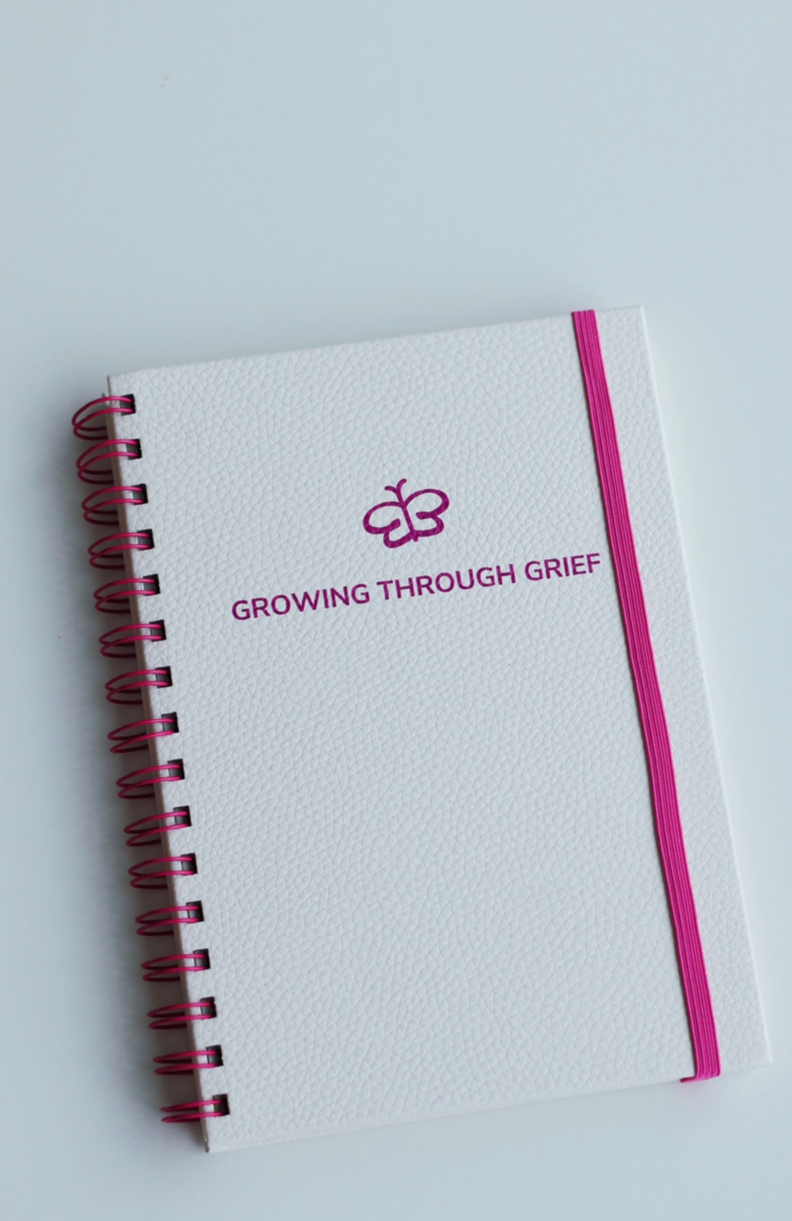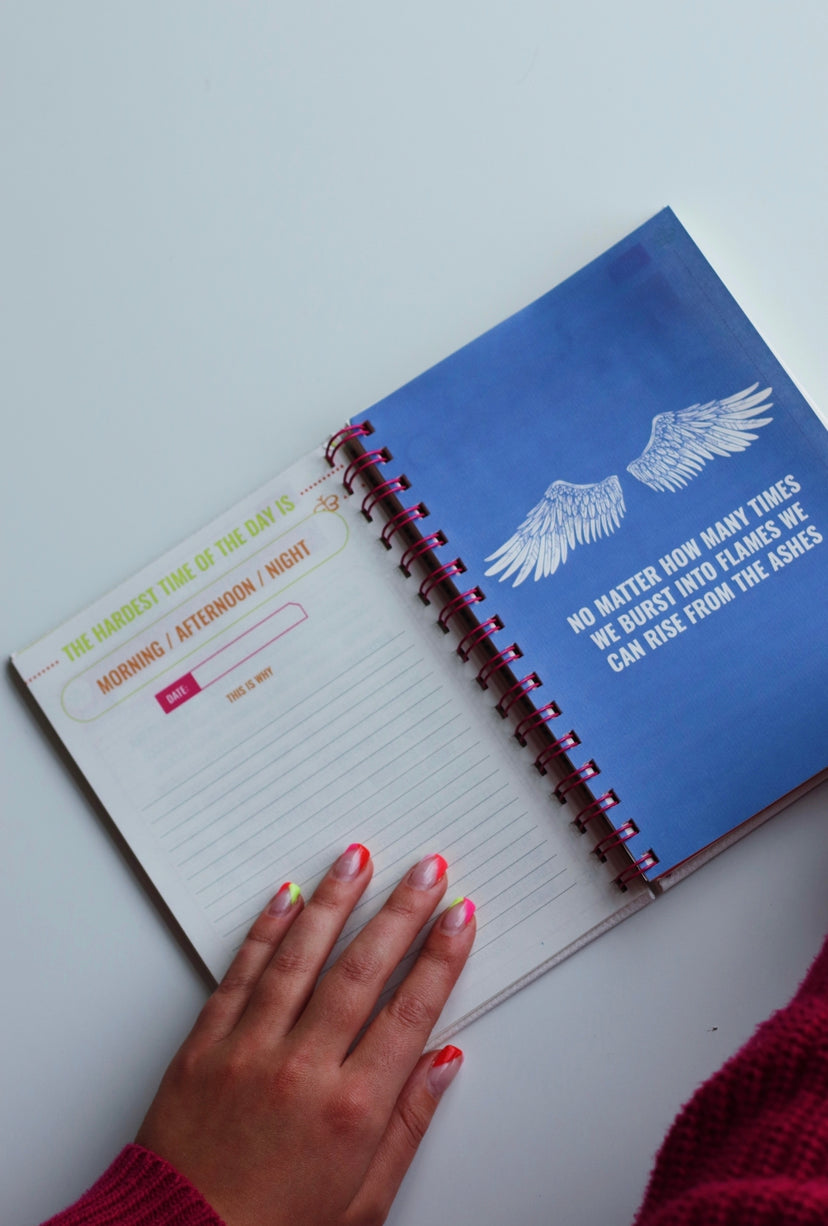Grieving is a natural process that follows any major loss, such as the death of a loved one or the ending of an important relationship. It's an emotional roller coaster that can lead to complicated feelings and thoughts. By understanding what are the stages of grief, you can better recognize and work through them so you know how to support yourself and your loved ones in times of sadness.
Denial: Accepting What Has Happened.
Denial is often the first stage of grief after loss. It serves as an instinctual defense mechanism that may help to cushion the blow of devastating news or other traumatic events. The denial phase provides temporary protection from the pain and panic associated with loss, allowing you to come to terms with what has happened at a slower pace.
Anger: Expressing Your Feelings of Loss.
The anger stage of grief often follows denial and is frequently a much stronger emotion than most people think. During this stage, it is common to feel resentment or frustration towards the person who caused your pain, as well as those who were not there to help protect you from the situation. It is also important to acknowledge and express your feelings of rage in healthy ways, such as using a grief journal, or speaking out about your experience or engaging in physical activities that can provide an outlet for your emotions. Expressing these feelings can be an important part of progressing through the stages of grief. Starting that expression can feel overwhelming. We love THIS prompted grief journal that guides you through the process and helps you pull out your pain onto paper.
Bargaining: Trying to Make a Deal With the Situation.
During the bargaining stage of grief, a person may attempt to negotiate with whatever higher power they believe in or with themselves, attempting to justify their pain by making an agreement that could potentially prevent them from having to cope with their loss. This stage often involves self-blame, wishing and hoping that somehow they could have prevented their loss, as well as searching for explanations as to why the event happened in the first place.
Depression: Dealing With Sadness and Despair.
Grief has a tendency to manifest itself in depression, one of the most common stages of grief. It is important to understand that grieving is natural and normal, and that it’s okay to feel intense emotions such as profound sadness and despair as you process your loss. Seeking out ways to connect with others who are going through the same journey can often help people cope with their feelings in a more meaningful way. You can check in with yourself by journaling & continue to untangle the complicated feelings you have inside.
Acceptance: Finding Peace in the New Normal.
Acceptance is not about giving up or forgetting what has happened, rather it is a process of accepting that your reality has changed, and beginning to move forward. It means being able to accept death as a real part of life, and coming to terms with the fact that things are different now than before. As you start to adjust your expectations and the way you live your life amidst the grief, this allows for healing and growth over time.
Start your healing today with our Growing Through Grief prompted journal.
Or, grab our FREE 5 Day Journaling Course!



















